Dear friends,
Overtourism is a buzzword we keep hearing in travel news. It’s ruining local moods and disrupting housing prices. It’s caused problems everywhere from Venice to Ubud, with governments outlawing Airbnb and residents pelting tourists using water guns.
As countries reopen after the early years of the pandemic, governments with economies that rely on tourism are eager to receive visitors again. However, this comes at a cost that isn’t always beneficial for the people living there.
This was an issue in Japan, especially in Tokyo, Osaka, and Kyoto. I judged how touristy a place was by the cost of water in the vending machines. 100 yen for a regular bottle of water was normal. 265 yen was not.
I almost didn’t visit Kyoto. I had heard the news about overtourism and was wary about adding myself to the fray. However, even in the most crowded places in the world, I’ve learned you can find pockets of refuge away from the masses.
I noticed this in Japan; the buses were packed, the streets were so full, people could barely walk, and then you turn down a side street or a head along a forest path, and you’re completely alone.
In Kyoto, I found a spot on the map I’d never heard of and headed there. The peacefulness at Rankyo Gorge was unparalleled, and I felt I had stumbled upon something secret and holy. I climbed to the top of a hill overlooking the gorge, where a small Buddhist temple perched high above the teal turquoise water.
Then, I climbed down and crossed a bridge to the Arashiyama Bamboo Forest, and it was a swarm of humanity. I could hardly walk as I traversed through the paved forest paths to find a tiny moss temple I had read about. While struggling against the crowds, I heard one British man ask, “Where’s the forest?”
“You just walked through it, mate,” his friends assured him.
The thing is, I came across plenty of other forested bamboo areas in Kyoto and didn’t see a single soul. At the famous Fushimi Inari Taisha, you just need to take a side path or keep climbing, and you’ll lose the crowds.
I know places become hyped for various reasons, but often, you just need to walk a little farther, or choose a different spot on the map, and you can find a better view.
I don’t know the answer to overtourism. It’s a balancing act between showcasing a country’s natural and cultural wonders, supporting tourist economies, and preserving places so locals can actually live in and enjoy them.
But I do know, we must be more mindful of how we move in the world, and what we place our value on.
I think as travel writers, we aim to set ourselves as the hero of the story, or at least the main protagonist. But often, we are not the heroes. We’re not even guests. My travel writer friend SJ called us “invaders;” imagery that draws on an imperial past, but becomes more and more prevalent as debates about who qualifies as an expat and who is an immigrant magnify. These conversations are more relevant as policies at home and abroad make it harder for people to leave their place of birth and seek a better life.
When we talk about tourism, immigration, and movement, we must be mindful of who is allowed to travel and who is not, and the historical reasons behind this. I’ve worked with people from more than 50 different countries in the States. The vast majority didn’t want to leave their home country but were forced to leave by external forces that left them with no other options.
Channels for movement are narrowing. Water is becoming more scarce as we prioritize profit over people. Wars and rumors of wars will only increase. It will be harder for many to live in their own countries, much less travel to others.
I have always wanted my writing to inspire people toward movement, learning, and adventure. But as I get older and see the way the world heads, I wonder if there is a more restorative way to wander the world. If tourism must come at the expense of someone else, or if we can find ways to reimagine not only the travel industry, but our communities at large.
I don’t have concrete answers. I only know that making travel accessible for everyone, no matter their status, home country, or income level, remains my goal, for this newsletter, and my own life.
Until next week,
Ash

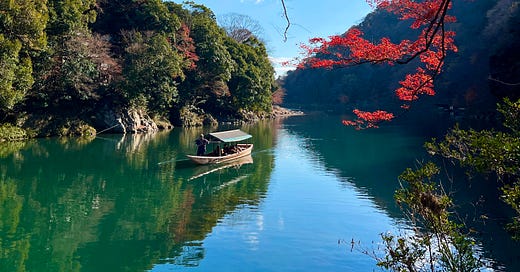


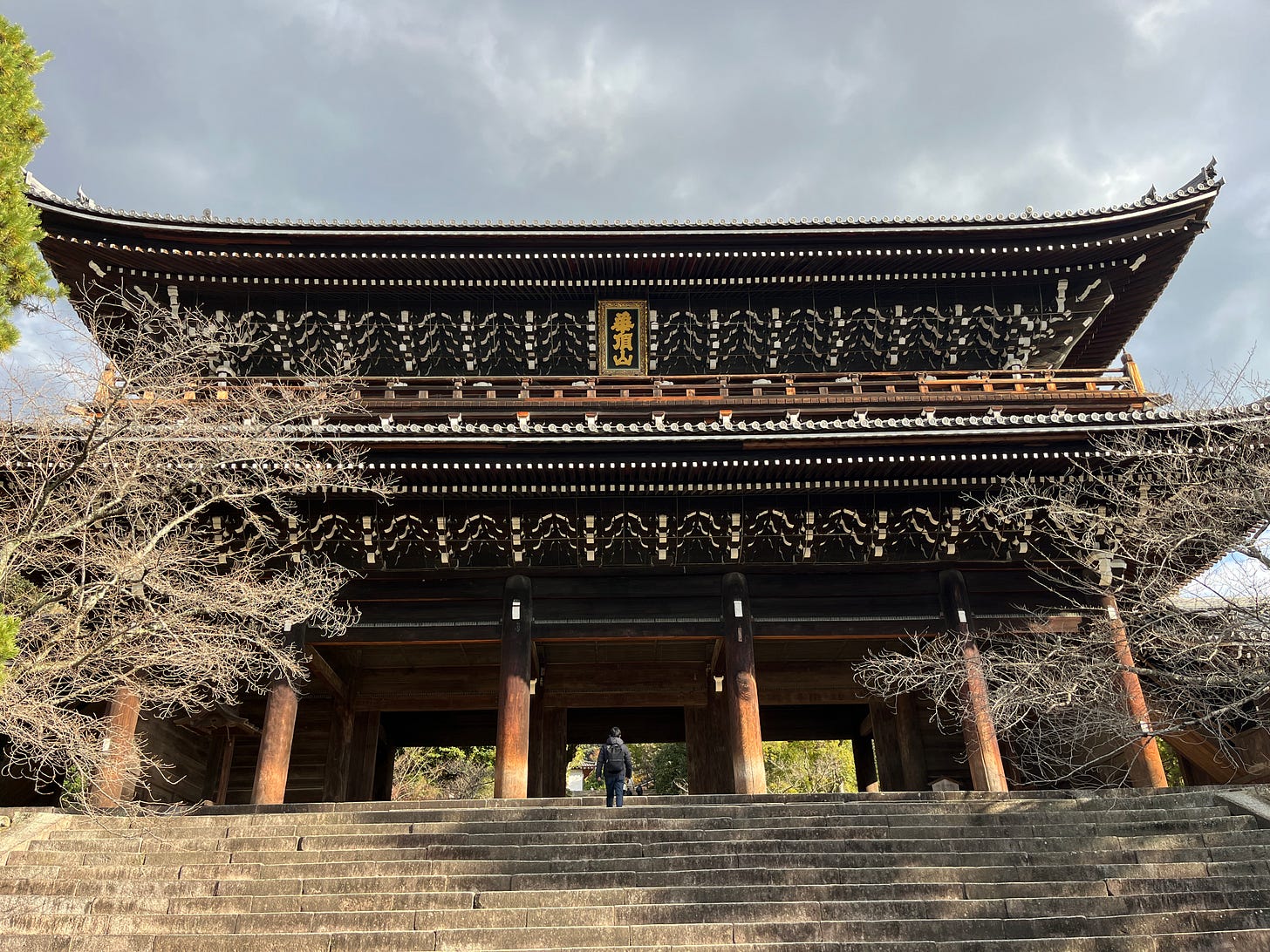

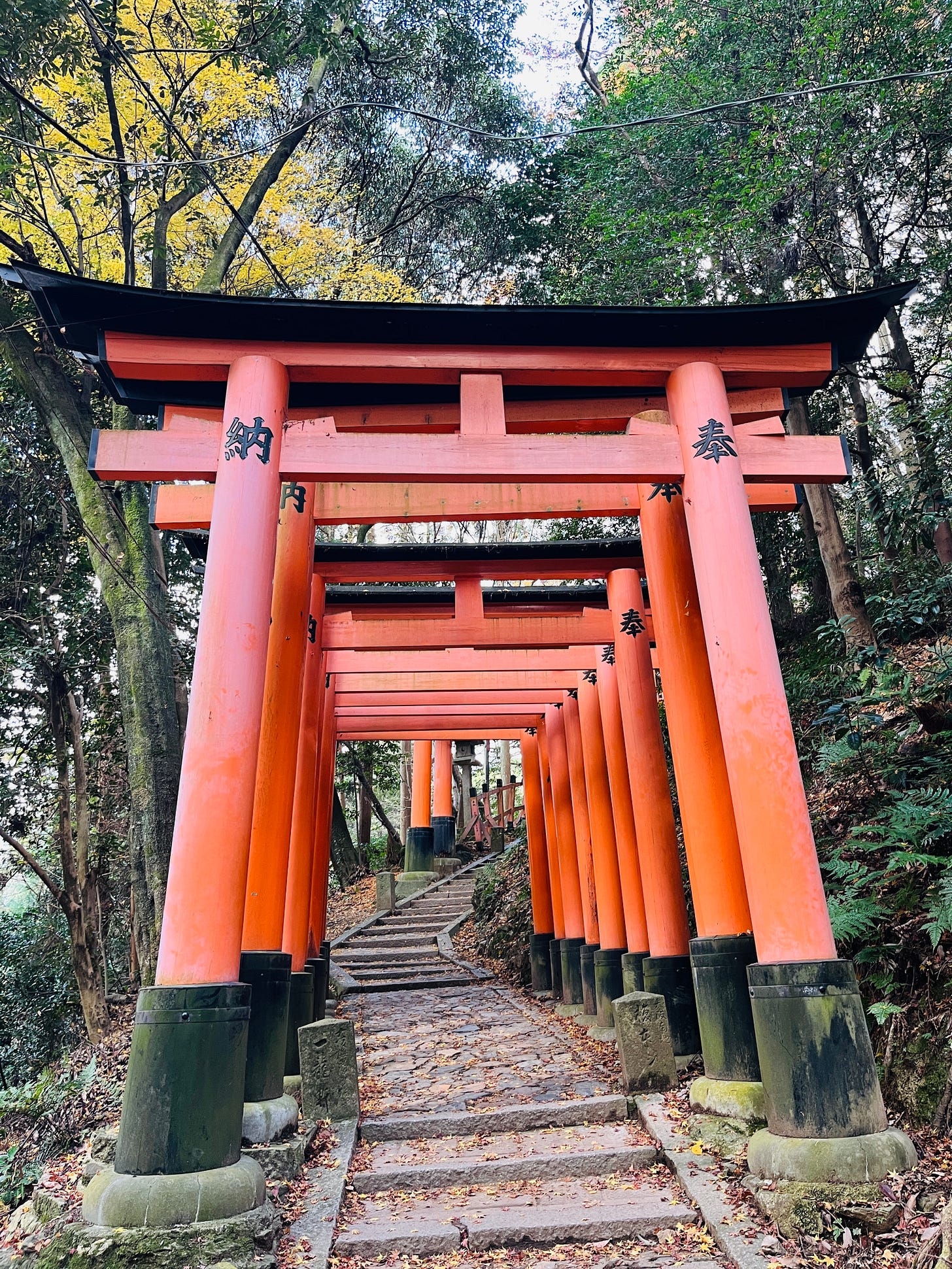
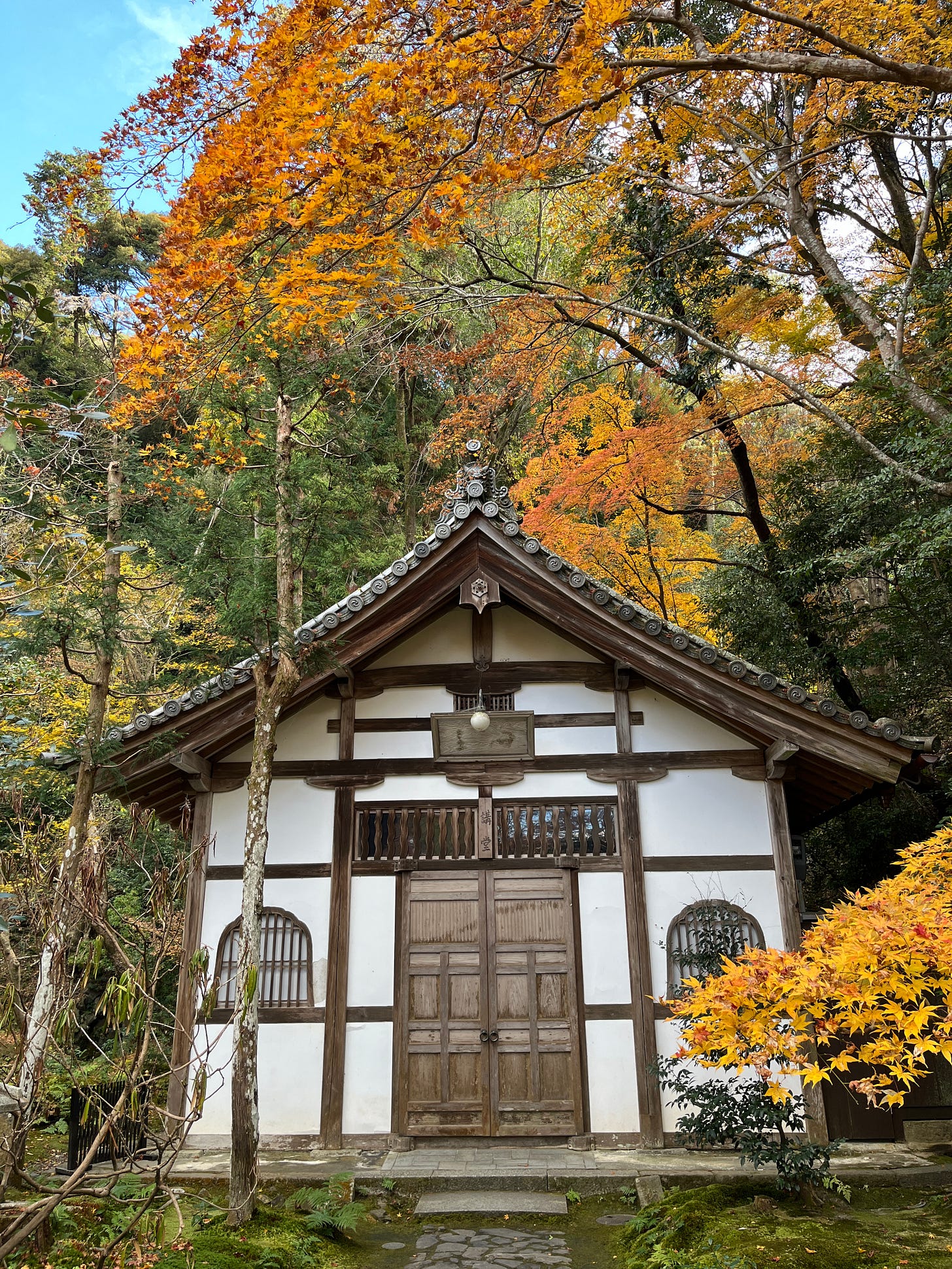
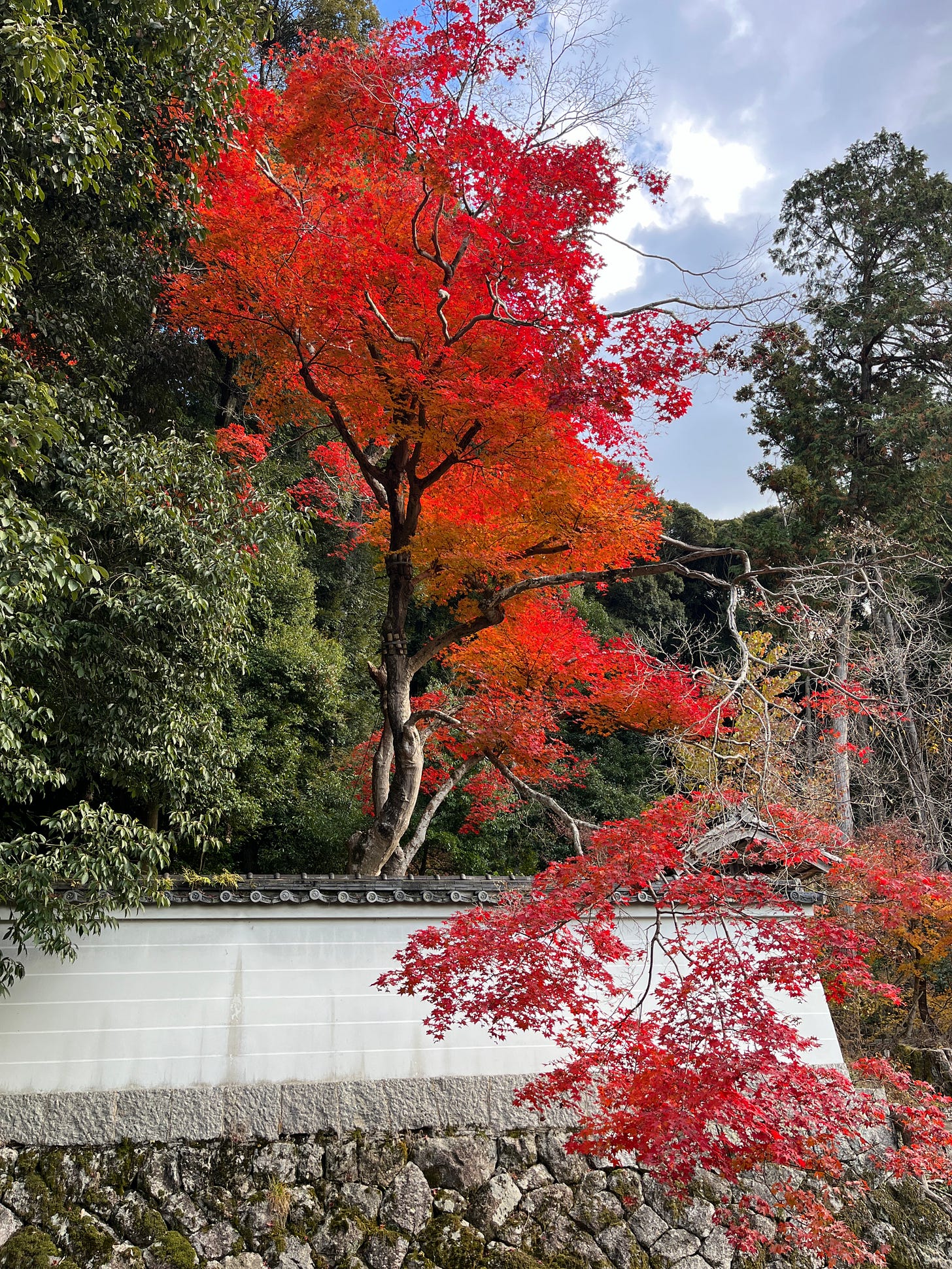
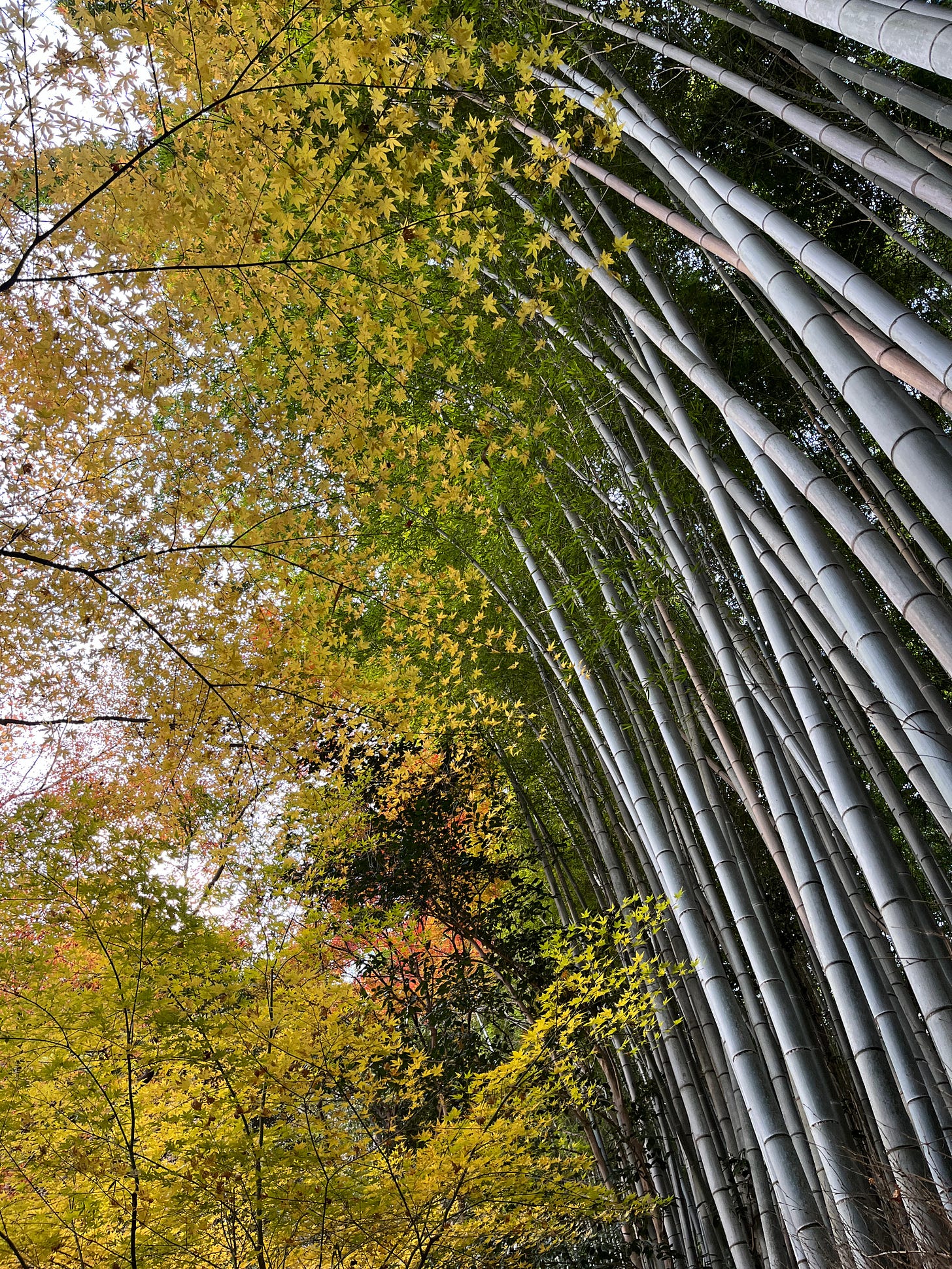
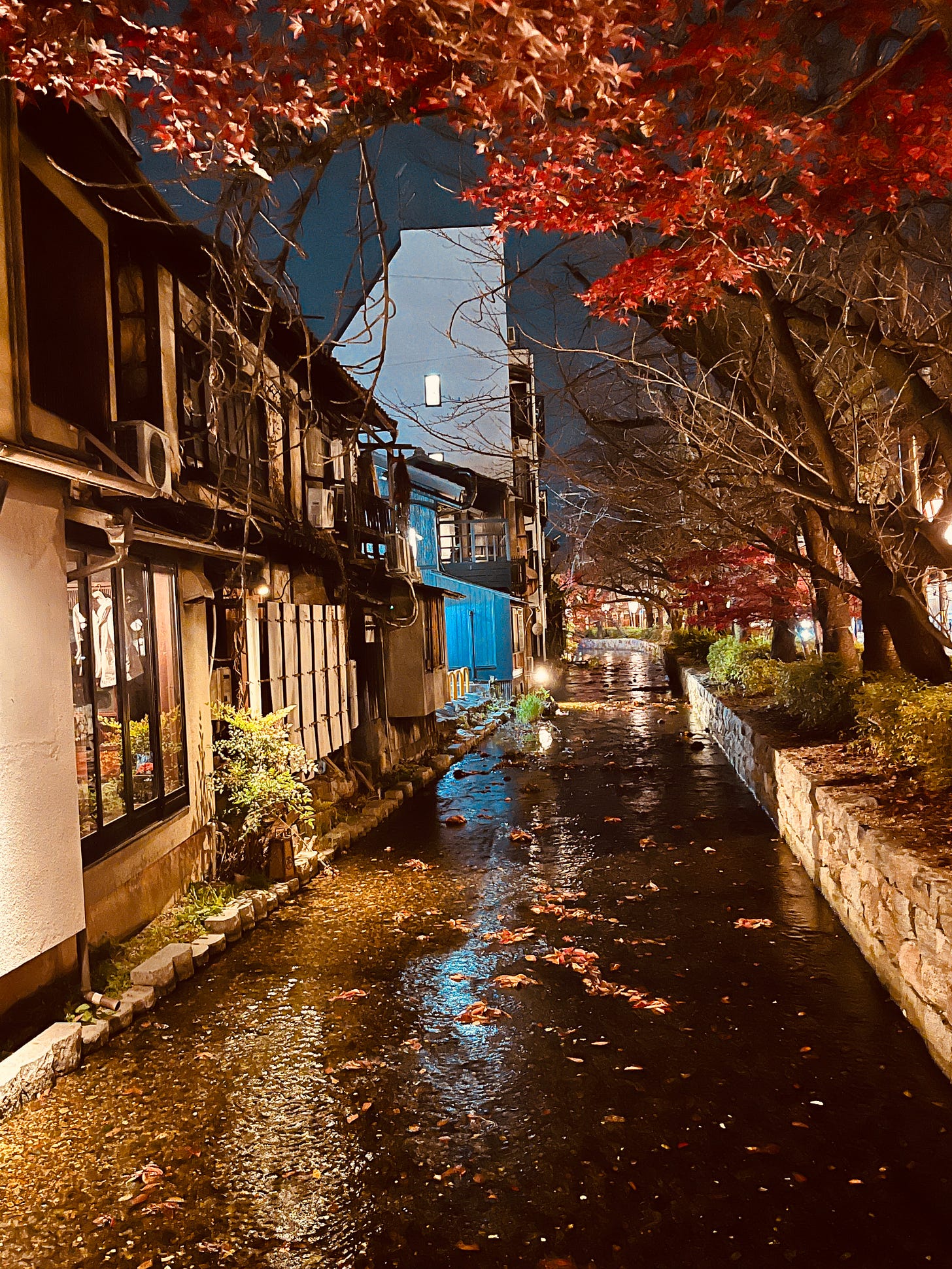
A very insightful read. I believe in the “balance” that you are talking about. As a travel writer, I’m trying to reach a similar balance where I can highlight a destination in a way that can be beneficial to local communities in a more meaningful and wholesome way, alongside the financial gain. I don’t have all the answers to how I can achieve that but simply talking to a diverse group of local people is a step I’m taking. Also, not geotagging remote locations on social media is something I follow strictly.
Hi Ashleigh, this insightful piece was one of the ones I used to address the issue of overtourism in my recents post https://addthistoyouritinerary.substack.com/p/beyond-the-crowds-rethinking-travel